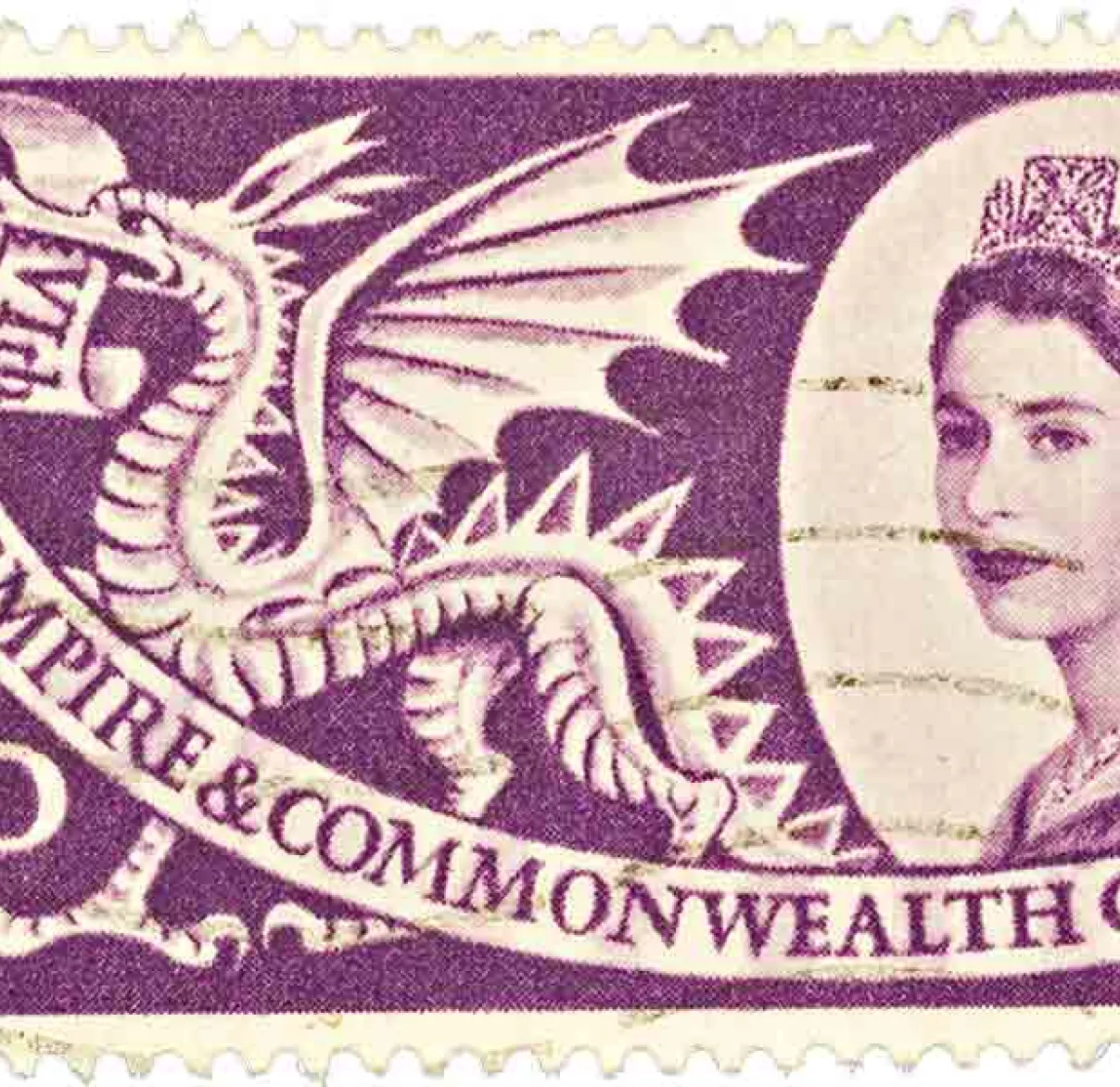Common wealth
Could a rejuvenated commonwealth be the basis for a wider post-Brexit trading bloc? It would need strong, far-sighted leaders to bring it about, argues head of multi-asset investments David Coombs.

Lenny Henry: Commonwealth Kid on BBC One is a fascinating study of the tangle of nations left over from the British Empire with all its crimes and glories. It also ponders the relevance of the Commonwealth today, an important factor in our post-Brexit trade strategy.
Of course, cricket, the Queen, culture and the Commonwealth Games themselves were cited as the main adhesives holding this eclectic collection of nations together. But it was interesting to hear Sir Lenworth’s interview with Jamaican entrepreneurs: they didn’t feel the commonwealth was at all relevant to them.
When Britain voted for Brexit I thought it could be an opportunity for the country to re-engage with the Commonwealth. Critics might say Britain turned its back on the Commonwealth when it focused on the EU. For example, up until 1983 there was widespread freedom of movement between the territories of the United Kingdom and its former colonies before EU membership shut down these flows. The protectionist common agricultural policy had a significant impact on New Zealand’s agricultural industry. Many other nations, formerly called our brothers abroad, were left out in the cold too.
Lenny posed the question: How can the Commonwealth increase its relevance for the youth of the Commonwealth? Surely increased business and investment links are the answer. Can you imagine the Commonwealth as a trading association with free trade at its heart? Is a customs union out of the question?
Free movement is probably impossible given the 2.3 billion people who live in the Commonwealth; however, slightly easier visa conditions could be put in place. Say, a lower points threshold within a points system, if one were to be put in place post-Brexit. By the way, 2.3 billion people – that’s a big market, even bigger than the EU with many common cultural tastes and legal systems that should oil commerce with the UK.
Admittedly GDP per head is much lower, but isn’t that a good thing? It means Britain, through increased trade, would support the economies of many emerging economies. In addition, couldn’t a percentage of our much-maligned overseas aid budget be ring-fenced for promoting start-up businesses in the Commonwealth’s poorer nations via educational scholarships and direct venture capital where appropriate? Hopefully these business would prosper through access to a huge free trade area and employ many people as they grew. Another percentage could be ring-fenced to provide emergency relief given many Commonwealth countries suffer from severe weather or geological events.
If this sounds familiar, it should. China’s One Belt and One Road policy opening up the ancient Silk Road trading routes by investing in infrastructure – often in Commonwealth countries! This could be a template for Britain in a post-Brexit world: opening up the old shipping routes. Although, this would take some real political strength given we have problems even discussing a third runway at Heathrow, let alone HS2.
But fantastical? Is it? A Commonwealth free trade association would be incredibly positive for the British economy, but also make the network very relevant for young people from Australia to Antigua and Barbuda. If our political leaders start to think more strategically – dare I say it, like China – then maybe I could start reinvesting in UK plc …
